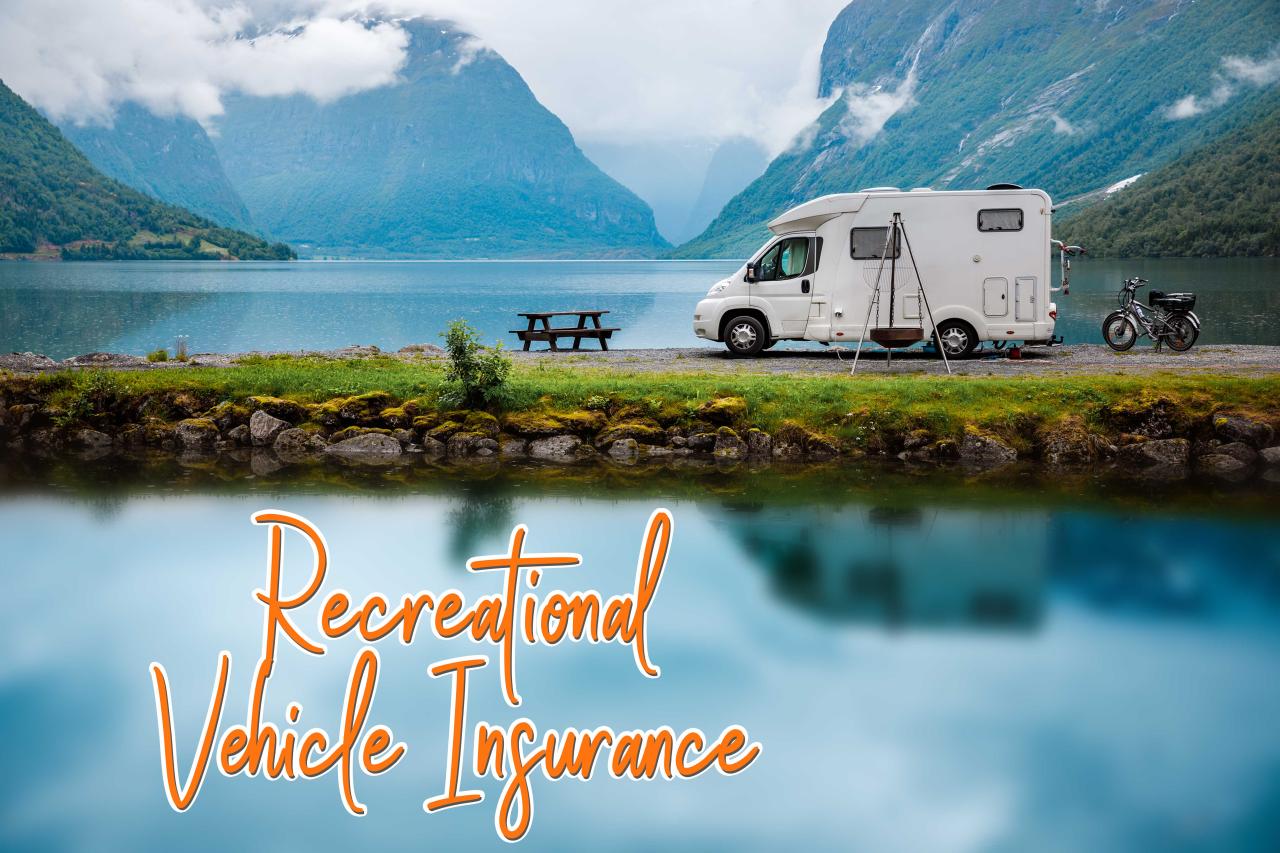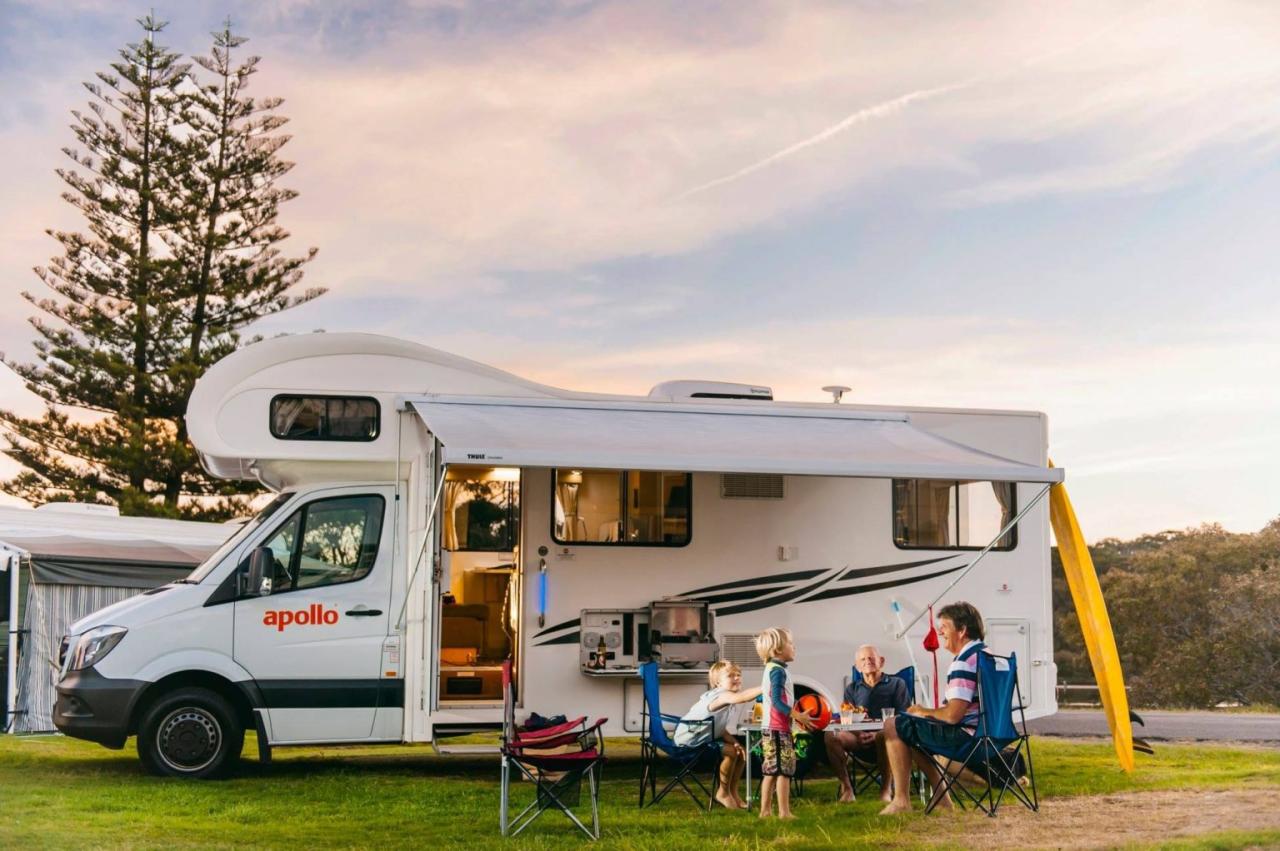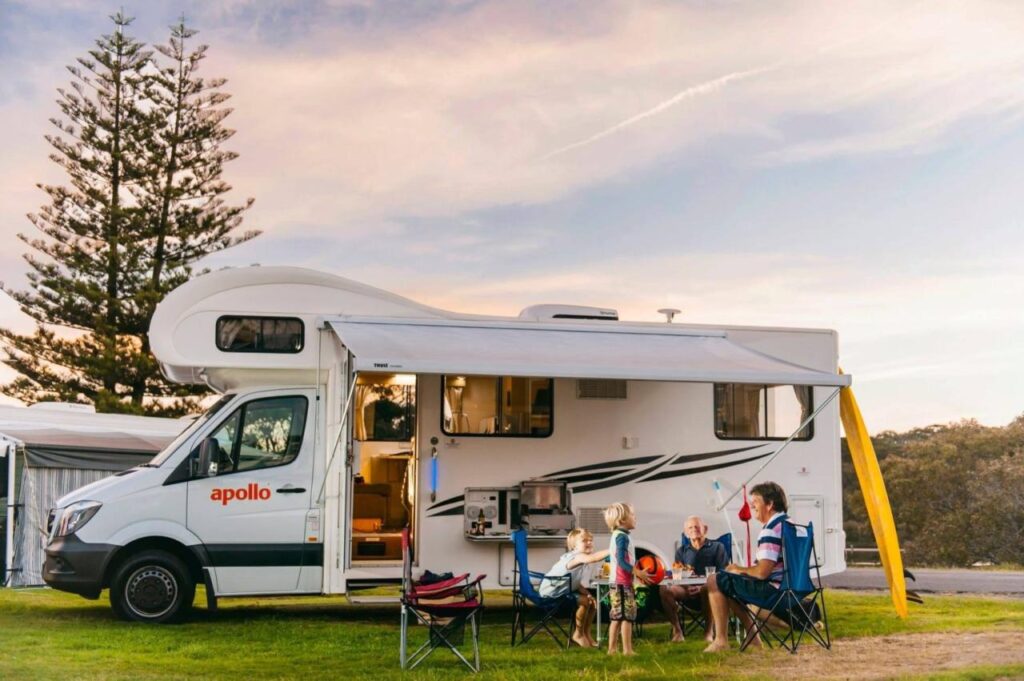Recreational vehicle insurance sets the stage for this enthralling narrative, offering readers a glimpse into a story that is rich in detail and brimming with originality from the outset. The world of recreational vehicles (RVs) is filled with adventure and freedom, but it’s essential to have the right insurance protection to ensure your journey is smooth and worry-free. Whether you’re cruising in a luxurious motorhome, towing a spacious travel trailer, or enjoying the simplicity of a pop-up camper, understanding the ins and outs of RV insurance is crucial.
This comprehensive guide delves into the multifaceted world of recreational vehicle insurance, providing a detailed exploration of coverage options, cost factors, claims processes, and essential considerations for both full-time and seasonal RVers. We’ll equip you with the knowledge you need to make informed decisions about your RV insurance, ensuring that you’re protected on the road and ready to embrace the open road with confidence.
Key Coverage Considerations

Choosing the right recreational vehicle (RV) insurance is crucial to protect your investment and provide peace of mind during your travels. Understanding the various coverage options available is essential to ensure you have adequate protection for your specific needs.
Liability Coverage
Liability coverage is essential for any RV owner. It protects you financially if you are responsible for an accident that causes damage to another person’s property or injuries to others. Liability coverage typically covers:
- Bodily injury liability: Pays for medical expenses, lost wages, and pain and suffering for the other party if you are at fault in an accident.
- Property damage liability: Covers the cost of repairs or replacement for the other party’s vehicle or property if you are at fault in an accident.
The amount of liability coverage you need will depend on your individual circumstances and the state you reside in. It’s generally recommended to have at least the minimum liability coverage required by your state, but you may want to consider higher limits to protect yourself from significant financial losses in the event of a serious accident.
Comprehensive Coverage
Comprehensive coverage protects your RV from damage caused by events other than collisions, such as:
- Fire
- Theft
- Vandalism
- Hail
- Flooding
- Windstorms
Comprehensive coverage will pay for repairs or replacement of your RV, less any deductible you choose. It’s a valuable coverage option for protecting your investment from unforeseen events.
Collision Coverage
Collision coverage pays for repairs or replacement of your RV if it is damaged in an accident with another vehicle or object. It covers damage caused by:
- Collisions with other vehicles
- Collisions with stationary objects
- Rollover accidents
Collision coverage will pay for repairs or replacement of your RV, less any deductible you choose. It’s important to note that collision coverage does not cover damage caused by events like fire, theft, or vandalism, which are covered under comprehensive coverage.
Personal Property Coverage
Personal property coverage protects your belongings inside your RV, such as:
- Furniture
- Electronics
- Clothing
- Camping gear
This coverage will pay for the replacement of your personal property if it is damaged or stolen. The amount of coverage you need will depend on the value of your belongings.
Factors Influencing RV Insurance Costs
The cost of recreational vehicle (RV) insurance is influenced by various factors. Understanding these factors can help you make informed decisions about your insurance coverage and potentially save money on your premiums.
RV Type, Recreational vehicle insurance
The type of RV you own is a major determinant of insurance costs. Different RV types carry different risks and require varying levels of coverage. For instance, Class A motorhomes, which are larger and more luxurious, typically have higher insurance premiums compared to smaller travel trailers or pop-up campers. This is because Class A motorhomes are more expensive to repair or replace in case of an accident. Additionally, they may be more susceptible to certain types of damage due to their size and weight.
Age and Value of the RV
The age and value of your RV also play a significant role in determining insurance costs. Newer RVs are generally more expensive to repair or replace, leading to higher premiums. Older RVs, on the other hand, may have lower insurance costs due to their depreciated value. The value of your RV, which is often based on its make, model, year, and condition, is a crucial factor in calculating your premium.
Usage
How frequently you use your RV and where you travel with it can influence your insurance premiums. If you use your RV frequently, especially for long-distance trips, you are more likely to be involved in an accident. Similarly, traveling to areas with higher accident rates or harsh weather conditions can increase your risk and, consequently, your insurance costs. For example, traveling to mountainous regions with winding roads or areas prone to severe storms may result in higher premiums.
Recreational vehicle insurance provides financial protection against unexpected events, such as accidents or theft. If you find yourself in a situation requiring compensation, understanding the process of filing an insurance claim is crucial. Having the right insurance policy in place for your RV can offer peace of mind and ensure you’re covered in the event of a mishap.
Driving History
Your driving history is a significant factor in determining your RV insurance costs. A clean driving record with no accidents or traffic violations will generally result in lower premiums. Conversely, a history of accidents or traffic violations can increase your insurance costs. Insurance companies assess your risk based on your driving history, and those with a history of risky driving behavior are considered higher risk and may pay higher premiums.
Location
The location where you store your RV and where you primarily use it can also affect your insurance costs. Areas with higher crime rates or a higher frequency of natural disasters may have higher insurance premiums. For example, if you store your RV in a high-crime area, the risk of theft or vandalism may increase, leading to higher insurance costs. Similarly, if you frequently travel to areas prone to hurricanes, earthquakes, or floods, your insurance premiums may be higher to cover potential damage from these natural disasters.
Other Factors
In addition to the factors mentioned above, other factors can influence your RV insurance costs. These include:
| Factor | Explanation |
|---|---|
| Safety Features | RVs equipped with safety features such as anti-theft systems, airbags, and backup cameras may qualify for discounts on insurance premiums. |
| Deductible | A higher deductible, which is the amount you pay out of pocket before your insurance coverage kicks in, can lead to lower premiums. |
| Credit Score | In some states, insurance companies may use your credit score as a factor in determining your premiums. Individuals with good credit scores may qualify for lower premiums. |
RV Insurance Quotes and Comparison
Obtaining RV insurance quotes from different insurers is crucial for finding the best coverage at the most competitive price. Comparing quotes allows you to evaluate various policy options, coverage levels, and pricing structures to make an informed decision.
Comparing RV Insurance Quotes
To compare RV insurance quotes effectively, it’s essential to gather information from multiple insurers. You can do this by contacting insurers directly, using online quote comparison tools, or working with an insurance broker. When comparing quotes, consider the following factors:
- Coverage Levels: Compare the coverage offered by each insurer, including liability, comprehensive, collision, and optional add-ons.
- Deductibles: Examine the deductibles for different coverage types. Higher deductibles typically lead to lower premiums, while lower deductibles result in higher premiums.
- Premiums: Compare the premium amounts for similar coverage levels. Remember that premiums can vary based on factors such as your RV’s age, value, usage, and your driving history.
- Discounts: Inquire about available discounts, such as multi-vehicle discounts, safety feature discounts, or good driver discounts.
- Customer Service: Read reviews or contact insurers to gauge their customer service responsiveness, claims handling process, and overall satisfaction.
Key Differences Between Insurers
Each insurer offers a unique combination of coverage, pricing, and customer service. To illustrate this, consider the following table:
| Insurer | Coverage | Discounts | Customer Service |
|---|---|---|---|
| Insurer A | Comprehensive, Collision, Liability, Uninsured Motorist | Multi-vehicle, Good Driver, Safety Feature | Excellent, 24/7 support, quick claims processing |
| Insurer B | Comprehensive, Collision, Liability, Roadside Assistance | Multi-vehicle, Good Driver, Loyalty | Good, online support, average claims processing time |
| Insurer C | Collision, Liability, Uninsured Motorist | Multi-vehicle, Good Driver | Average, limited online support, longer claims processing time |
RV Insurance Claims Process: Recreational Vehicle Insurance
Filing an RV insurance claim can be a daunting process, but understanding the steps involved and the documentation required can make it much smoother. This section will guide you through the process of filing a claim, from reporting the incident to receiving your payout.
Reporting the Incident
The first step in the claims process is to report the incident to your insurance company. You should contact them as soon as possible after the incident occurs. Most insurance companies have a 24/7 claims hotline that you can call. When you report the incident, be sure to provide all the necessary details, including:
- Your policy number
- The date, time, and location of the incident
- A description of the incident
- Any injuries or damages that occurred
- The names and contact information of any witnesses
You may also be asked to provide a police report if the incident involved a collision or theft.
Documentation Required
After reporting the incident, your insurance company will likely ask you to provide additional documentation. This documentation may include:
- Proof of ownership: This could include your RV title or registration.
- Photos and videos: Take detailed photos and videos of the damage to your RV. This will help your insurance company assess the extent of the damage.
- Repair estimates: If your RV needs repairs, you will need to obtain estimates from qualified repair shops. Your insurance company may require you to get multiple estimates.
- Police report: If the incident involved a collision or theft, you will need to provide a copy of the police report.
- Medical records: If you or any passengers were injured in the incident, you will need to provide medical records to support your claim.
Claim Review and Payment
Once you have submitted all the necessary documentation, your insurance company will review your claim. This review process may take several weeks, depending on the complexity of the claim. If your claim is approved, your insurance company will issue a payment to you. The payment may be made directly to you or to the repair shop, depending on your insurance policy.
Tips for Maximizing Claim Payouts
Here are some tips for maximizing your claim payout and ensuring a smooth claims experience:
- Read your policy carefully: Understand your coverage limits and deductibles before you file a claim.
- Keep detailed records: Keep track of all your expenses related to the incident, including repair costs, lost wages, and medical bills.
- Be honest and transparent: Don’t exaggerate your claim or omit any relevant information.
- Be patient: The claims process can take time. Be patient and cooperative with your insurance company.
- Consider professional help: If you are having difficulty navigating the claims process, you may want to consider hiring a public adjuster to assist you.
RV Insurance Discounts and Savings

You can save money on your RV insurance by taking advantage of discounts and savings opportunities. By understanding how these discounts work and the factors that influence them, you can minimize your insurance costs and maximize your savings.
Safety Features
Safety features in your RV can significantly impact your insurance premium. By equipping your RV with safety features, you demonstrate a commitment to safety, which can lower your insurance risk.
- Anti-theft Devices: Installing anti-theft devices, such as alarms, GPS tracking systems, and steering wheel locks, can significantly reduce your risk of theft and, in turn, your insurance premium.
- Smoke Detectors and Fire Extinguishers: Having functioning smoke detectors and fire extinguishers in your RV can reduce the risk of fire damage, leading to lower insurance costs.
- Backup Cameras: Backup cameras can help prevent accidents, reducing your risk of liability claims.
- Tire Pressure Monitoring Systems: Monitoring tire pressure helps prevent blowouts, which can be costly to repair and may lead to accidents.
Good Driving Record
Maintaining a good driving record is crucial for securing lower insurance premiums. Insurance companies reward drivers with a clean driving history by offering discounts.
- Accident-Free History: If you have a history of driving without accidents or violations, you can expect to receive significant discounts on your RV insurance.
- Defensive Driving Courses: Completing a defensive driving course can demonstrate your commitment to safe driving practices and earn you discounts.
- No Traffic Violations: Avoiding traffic violations like speeding tickets and parking violations can keep your driving record clean and earn you discounts.
RV Club Membership
Joining an RV club can provide numerous benefits, including access to discounts on insurance.
- Group Discounts: Many RV insurance companies offer discounts to members of reputable RV clubs. These clubs often negotiate group rates with insurers, providing members with lower premiums.
- Safety Training: RV clubs often provide safety training programs for their members, which can demonstrate a commitment to safety and lead to lower insurance costs.
Closing Notes
Navigating the world of recreational vehicle insurance can seem daunting, but with the right information and resources, you can find the coverage that perfectly suits your needs and budget. Remember, RV insurance is not just about protecting your investment; it’s about safeguarding your adventures and ensuring peace of mind on every journey. So, buckle up, explore the options, and embrace the freedom of the open road with the confidence that comes from knowing you’re properly protected.

